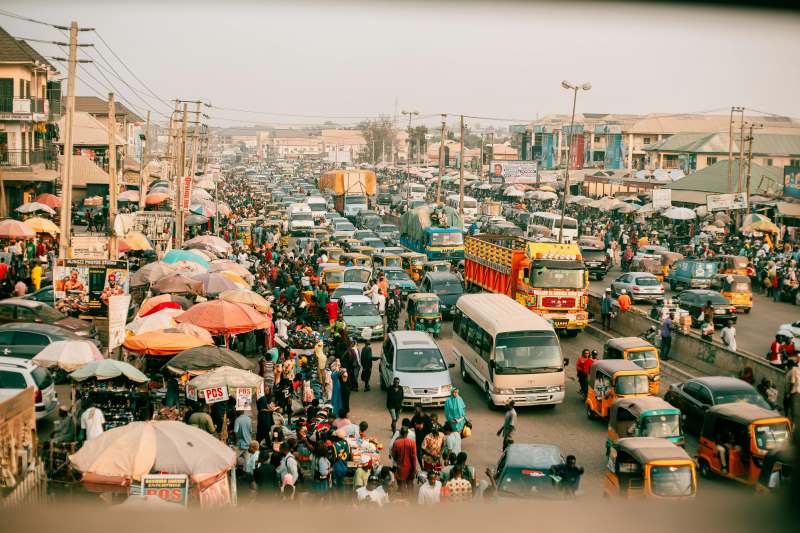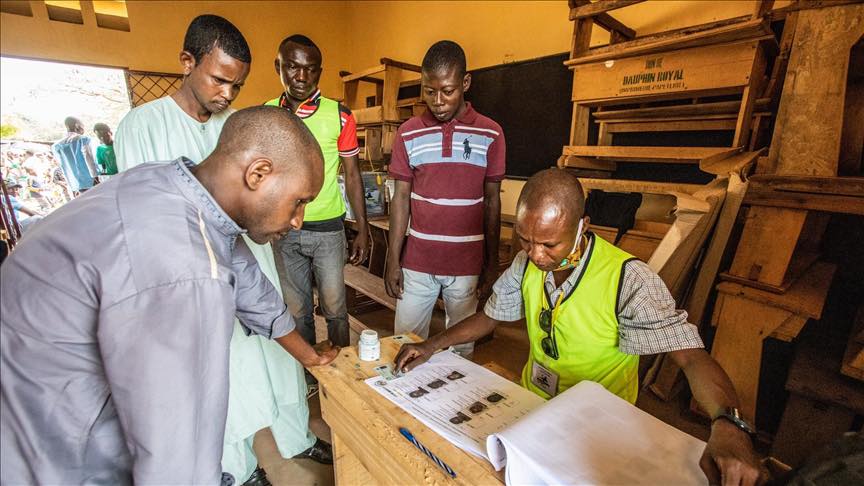Our home, a charming place, a changing place. From its inception approximately five billion years ago, we went from cosmic dust and gas to a rocky sphere, third in place, swirling around a nuclear fusion reactor that sustains life. The only planet we know of that sustains life, a place where 7.5 billion of us live and call home; the burial place to over 100 billion of our ancestors. The aggregate of those here and gone have enjoyed a relatively stable climate, but that is changing rapidly with devastating consequences to all existing and future life.
Extinction is not a hypothetical when it comes to our planet’s history. In fact, the planet has undergone five major extinction events, and it is estimated that 99% of species that existed have gone extinct. Scientist believe that a sixth mass extinction is on its way with estimates ranging between a few dozen to more than a hundred species going extinct every day, with this rate increasing exponentially. And who is to blame, mainly us – modern day humans.
We are now the only living members of what many zoologists refer to as the human tribe, Hominini, of which only human beings called Homo Sapiens or “wise man,” still exist today. We are distinctive for our large brain, tool-making capacity, use of language, symbolic thought, and ability to cooperate. Such attributes have made us creators of great artistic works, keen observers of our universe, intrepid explorers who have reached into outer space, but also destructive predators and polluters on a vast scale.
This capacity to pollute in a vast scale has manifested itself into a capacity to bring about a planetary change in climate at a geological scale in a relatively short period of time. We have essentially changed the chemical composition of our atmospheric gases by increasing the levels of Carbon Dioxide (CO2) gas from a relatively stable 300 particles per million to over 400 particles per million. We have failed to regulate greenhouse gases (GHG’s) including C02 as a pollutant, as we continue our journey to automatic extinction.
Mainly because of the powerful deep pockets of the fossil fuel industries, the corporate media, and their political cronies, we are not shifting our economy away from carbon fast enough, even though we have the technological know-how. In fact, we are currently pumping 40 billion tons of CO2 into the atmosphere every year. This is the equivalent of taking 400,000 aircraft carriers that weight 100,000 tons, vaporizing them and pumping that mass into the atmosphere every year!
We are fundamentally altering long stable climatic conditions that have helped sustain civilization for the last 10 millennia. Yet, we seem oblivious to the seriousness of the matter, even as our global scientific community is united in their warnings of the danger we face. Why is it that we seem so passive in our handling of global warming? Even as belief in the reality of climate change and its consequences, and concern about climate change is growing among the general public, this does not necessarily translate to a willingness to take action to mitigate it. Multiple explanations address this paradox. There are individuals that fall prey and are manipulated by the onslaught of right-wing media, and a powerful propaganda machine skilled at the use of false “alternative facts,” which is supported by economic interests that have their roots in the fossil fuel industry. For example, the Koch Brothers, from Koch Industries, have spent huge sums obfuscating the fact about climate change, and helping put in place the current administration in Washington that has waged a war against any efforts to address climate change. Instead, they are supporting the increase in the use of fossil fuels while dismantling regulations to curtail polluting emissions.
Even though we know that climate change threatens our civilization, our efforts to change our course are meek, at best. As we continue to pump 40 billion tons of greenhouse gases into the atmosphere, we will see a continuation of the intensity and devastation of extreme weather, with hurricanes getting stronger, droughts and forest fires more ravaging, and sea level rises increasing (locally, first drowning much of New Jersey and South/Southwest Philadelphia). That is simply the reality of climate change.
As paleontologist Stephen Jay Gould pointed out, we should not confuse evolution with progress: “Life is a copiously branching bush, continually pruned by the grim reaper of extinction, not a ladder of predictable progress.”
There is still hope but that window is closing fast. Each of us is needed to get involved however we can. We must act now. Here is a link with some suggestions on the top 10 things you can do about climate change from the David Suzuki Foundation.




